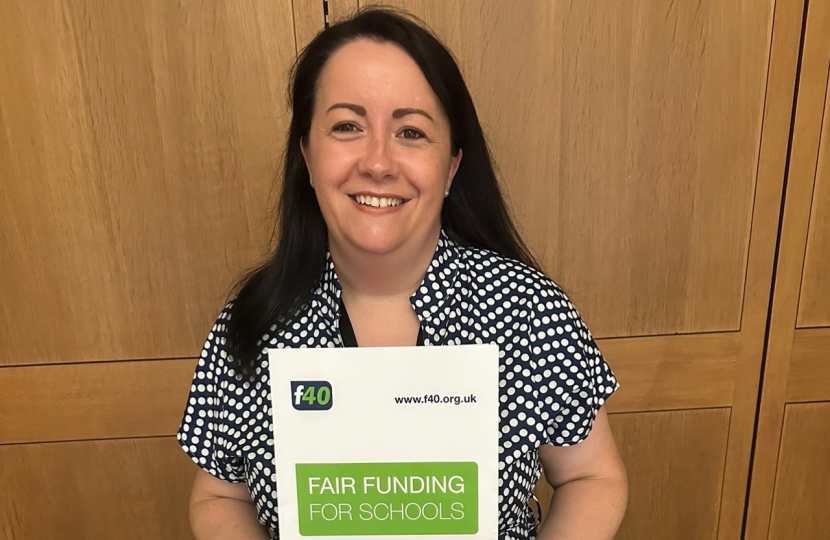
The campaign for equitable school funding in England, spearheaded by the F40 group, represents a pivotal moment in our education policy landscape. The F40’s mission—to secure fair funding for all pupils across the country—highlights a critical issue at the heart of our education system: the inconsistency in funding allocation that impacts the quality of education a child receives, often based merely on their geographic location.
The fact that only 42 local authorities provide direct support for this initiative, despite it being backed by a substantial number of Members of Parliament, Councillors, Council officers, Educators, and Parents, underscores the widespread recognition of this funding disparity. The commitment of these varied stakeholders reflects a shared understanding that equitable funding is foundational to offering every child the opportunity for a quality education, which is essential for realizing their potential and ensuring they have the best opportunities in life.
At the core of the F40’s argument is the principle that basic funding should be sufficient for the operation of schools before additional funds are sought for specific needs. This principle addresses the heart of the funding issue: ensuring that every school has a solid financial base from which to provide education. The introduction of the national funding formula represented progress toward this goal, yet, as the F40 rightly points out, the formula is far from perfect. Discrepancies remain, leading to situations where schools in neighboring areas receive significantly different levels of funding.
The government’s recognition of this issue is a positive step. However, the challenge lies in reconciling the need to elevate the funding of schools that have been historically underfunded without reducing the resources available to others, a balance that is essential to avoid compromising the educational outcomes for any group of students. This challenge is further complicated by the financial implications of such an adjustment, emphasising the need for careful planning and additional resources.
Beyond general funding, the F40’s advocacy for enhanced support for Special Educational Needs and Disabilities (SEND) in particular, needs to be addressed . The call for a £4.6 billion baseline funding for the high needs block, along with substantial capital funding for local authorities to create additional SEND places, addresses a critical gap in our education system. This focus on SEND funding not only highlights the need for fairer distribution of resources but also underscores the importance of inclusivity in education policy.
Investing in our children’s education is investing in the future of our country. The aspirations of the F40 group align with the broader societal goal of nurturing a generation capable of contributing to the growth and prosperity of the nation. The pursuit of equitable funding is not merely a matter of fiscal policy but a reflection of our values as a society, emphasising the belief that every child deserves an equal chance at success.
Joining the F40 committee is more than a political decision; it is a commitment to being part of a transformative movement that seeks to rectify long-standing inequities in our education system. It is a chance to contribute to a cause that aligns with the fundamental reasons many of us choose to serve in public office: to make a tangible, positive difference in the lives of the people we represent. By working together to address these funding disparities, we can move closer to an education system that truly provides equal opportunities for all, laying a solid foundation for the future of our country.




